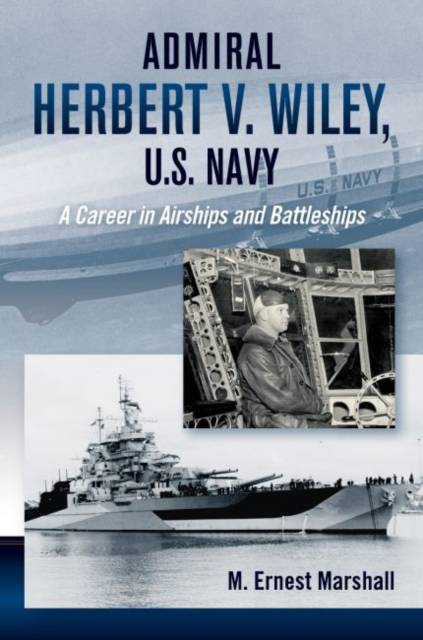
- Retrait gratuit dans votre magasin Club
- 7.000.000 titres dans notre catalogue
- Payer en toute sécurité
- Toujours un magasin près de chez vous
- Retrait gratuit dans votre magasin Club
- 7.000.0000 titres dans notre catalogue
- Payer en toute sécurité
- Toujours un magasin près de chez vous
51,95 €
+ 103 points
Description
This book is, simultaneously, a biography of Admiral Herbert Victor Wiley and a history of the U.S. Navy's lighter-than-air program. As tensions rose between Japan and the U.S. over control of East Asia and the Pacific Ocean, the prospects of war between the two nations increased. The Navy tracked the Germans' use of zeppelins during the First World War and saw in them an aircraft with the potential to conduct long-range reconnaissance over the oceans - something that could not be achieved by airplanes or surface ships. While rapid progress was being made in manned flight, it was still young enough that the future of LTA vs. HTA flight was unknown. At the time, however, airships had a much greater range than airplanes making them suitable for reconnaissance. In its history, the Navy had four great airships - the U.S.S. Shenandoah, the U.S.S. Los Angeles, the U.S.S. Akron, and the U.S.S. Macon. Wiley served on all four of these airships and the history of these vessels is covered through the career of Wiley. Three of the airships ended in disaster and Wiley survived the crash of two of them. The book explores in detail the events leading to the crash of each airship through examination of the records of the Navy's Courts of Inquiry that investigated the cause of each crash. The book also tracks issues surrounding the use of non-flammable helium as a lifting gas instead of highly explosive hydrogen used by the Germans. The U.S. had a monopoly on the supply of helium. While Germany sought to purchase helium from the U.S., the government board governing the sale of helium blocked is availability to Germany on the basis it might be used for wartime purposes. Dr. Hugo Eckener had run the Zeppelin works in Friedrichshafen since the end of WWI and he had a vision for LTA flight that was peaceful, including international transoceanic passenger and freight services. The outbreak of WW II ended the zeppeling industry and dashed all of Eckener's dreams. Following the crash of the Macon, Wiley returned to the surface fleet, eventually becoming Commander of Destroyer Squadron 29 in the Asiatic Fleet shortly before the bombing of Pearl Harbor.
Spécifications
Parties prenantes
- Auteur(s) :
- Editeur:
Contenu
- Nombre de pages :
- 352
- Langue:
- Anglais
- Collection :
Caractéristiques
- EAN:
- 9781682473177
- Date de parution :
- 15-09-19
- Format:
- Livre relié
- Format numérique:
- Genaaid
- Dimensions :
- 152 mm x 231 mm
- Poids :
- 657 g

Les avis
Nous publions uniquement les avis qui respectent les conditions requises. Consultez nos conditions pour les avis.






